Team
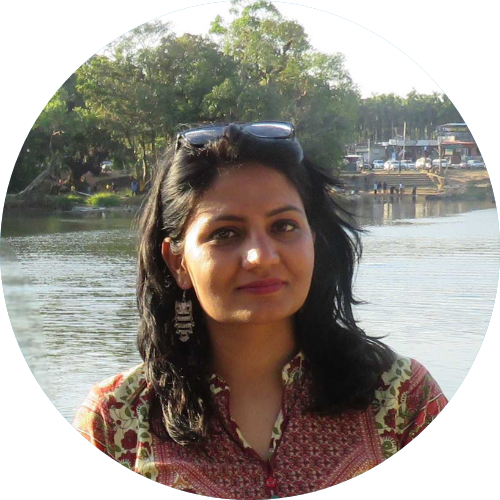
Priya Poonia
Priya has over six years of experience in wildlife research, conservation, and management, focussing on counter-wildlife trafficking. At WCS-India, her work spans stakeholder engagement, capacity development, project management, and execution of illegal wildlife trade mitigation strategies. Her work is guided by the overarching principle of translating complex research outcomes into implementable strategies for wildlife conservation and management. Priya is currently overseeing the CWT program’s work in the Northeast region and is interested in exploring ways of incorporating intersectional aspects of IWT, including gender, in the mitigation strategies.
She holds a Master’s degree in Wildlife Sciences and is passionate about wildlife conservation through collaborative efforts. Before joining WCS-India, Priya worked with organizations such as World Wild Fund for Nature-India, GIZ-India, and Teach For Green on diverse conservation issues.
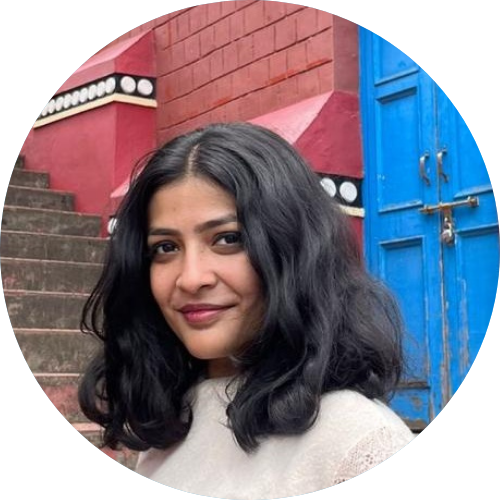
Aditi Mishra
Aditi is a postgraduate in Environment and Development from Ambedkar University, Delhi. Her interests include wildlife trafficking, storytelling and understanding human-nature interactions.
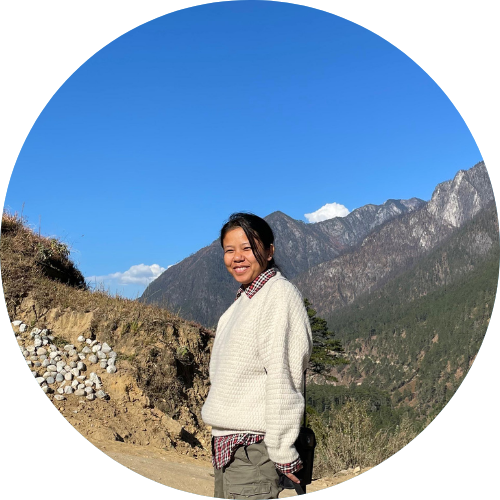
Arundati Saikia
Arundhati is a postgraduate from Tata Institute of Social Sciences (TISS), Guwahati, in Ecology, Environment and Sustainable Development. With a diverse educational background in political science, women's studies, ecology, environment and sustainable development, she has experience in documenting traditional ecological knowledge and practices of various tribes and communities in Assam. She takes a profound interest in unravelling the biocultural heritage of diverse indigenous communities, which offers valuable insights into sustainable living practices in harmony with the environment. Before joining WCS-India, she prepared an action-based research project for the Assam State Disaster Management Authority.
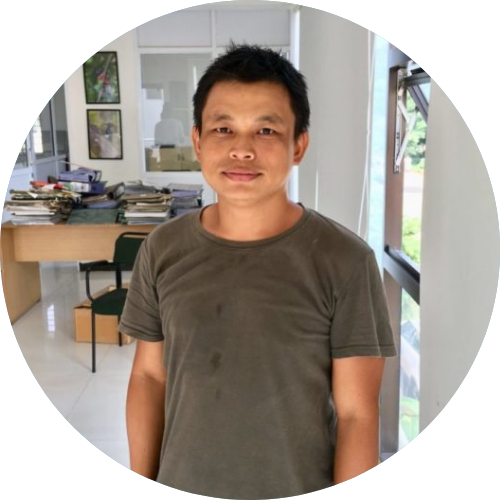
Ng Bishwanath
Ng joined WCS-India initially as a volunteer after completing his Bachelor's course in botany and after quitting an IT company in Bangalore in 2010. From the time of volunteering till the present, he has been associated with the team working on 'monitoring tiger and its prey species'. In between he has also worked with other teams with different projects for a brief period of time. He has worked in the major tiger reserves in Karnataka and several other protected areas and parts of Kerala. Now, for the past three field seasons, he has been working in parts of Andhra Pradesh and Telangana State.

Tarani Rajbangshi
Tarani is an Office Assistant at WCS-India's Guwahati office.
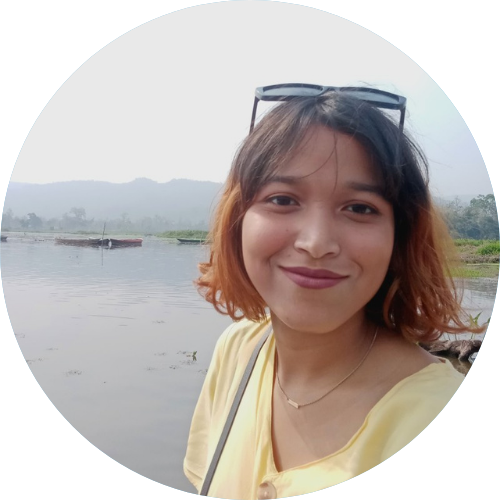
Trishanti Paul
Trishanti is a postgraduate in Ecology, Environment, and Sustainable Development (EESD) from Tata Institute of Social Sciences (TISS), Guwahati. Her work involves managing the overall illegal wildlife trade database and understanding and informing about the emerging trends related to locations and species. Her interest lies in exploration and storytelling through visuals. Outside work, she enjoys photography and trekking.

Uditya Kumar Borkataki
With over four years of experience in wildlife biology, Uditya brings a diverse background working across various habitats and species. Previously, he worked as a Technical Consultant at the Global Tiger Forum, where he led projects focused on the conservation of small cats and elusive mammals in Meghalaya and acted as a Training Officer for the high-altitude tiger project in Sikkim. His notable achievements include leading the award-winning “Future Conservationist Award” project and managing the conservation of the black softshell turtle in Assam.
Uditya holds a master's degree in wildlife science from Gauhati University, Assam with specializations in Mammalogy, Herpetology, and Lepidopterology. Outside of his professional work, he is passionate about trekking, photography, literature, cinema, travel, and culinary exploration.